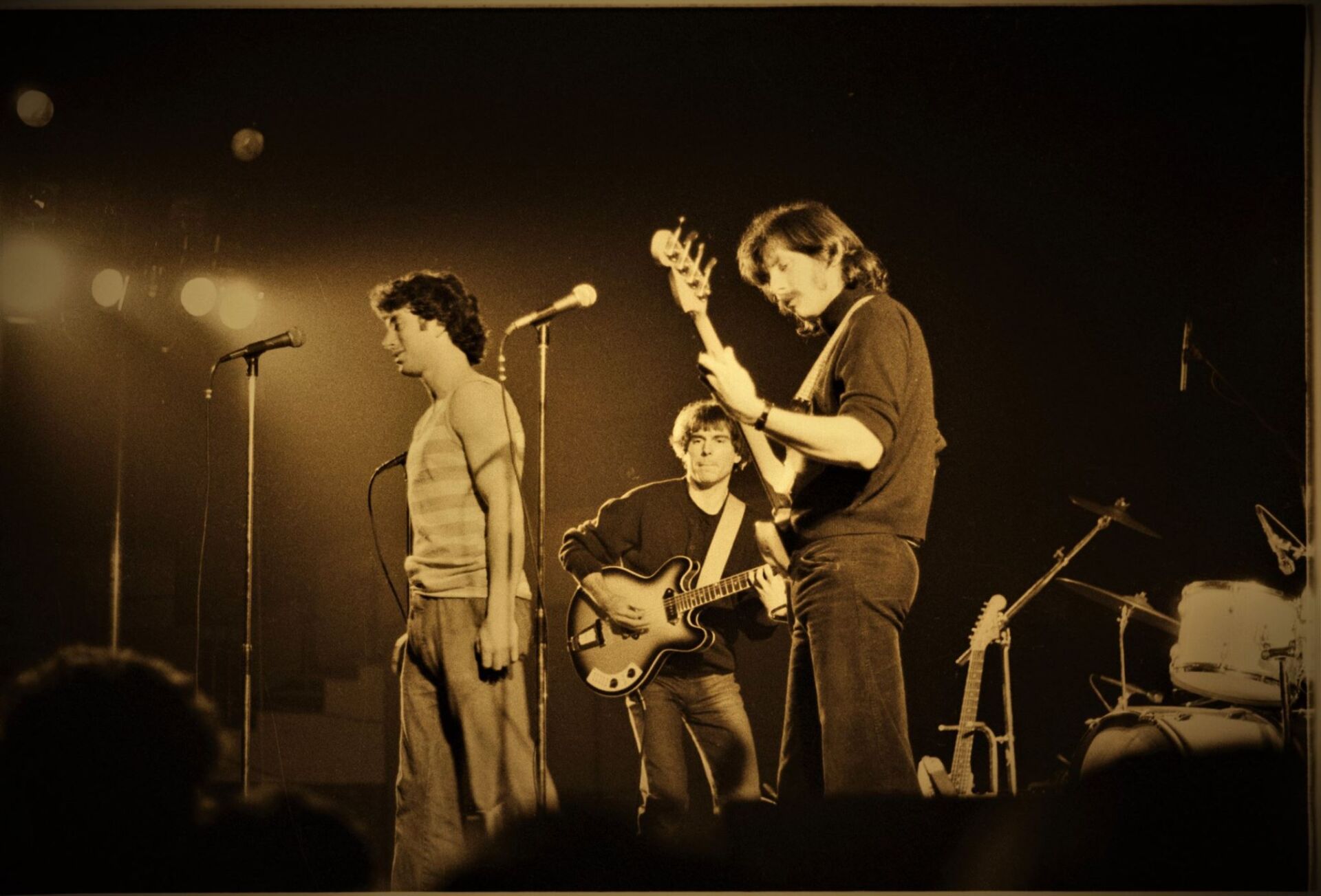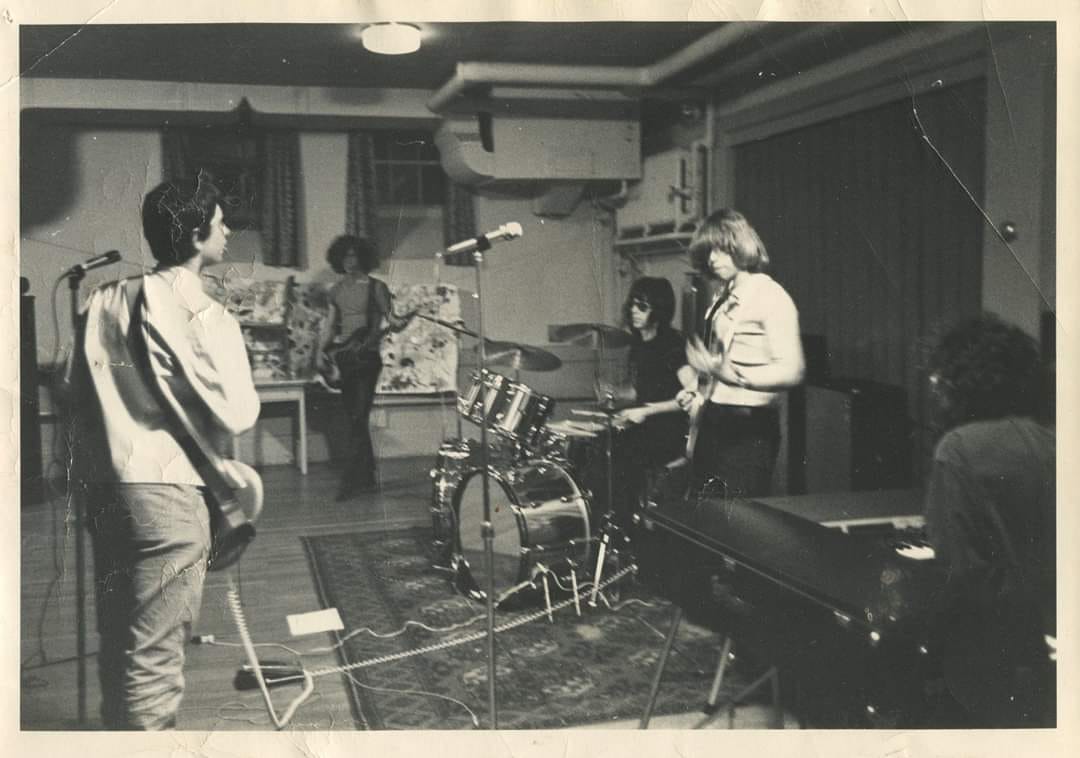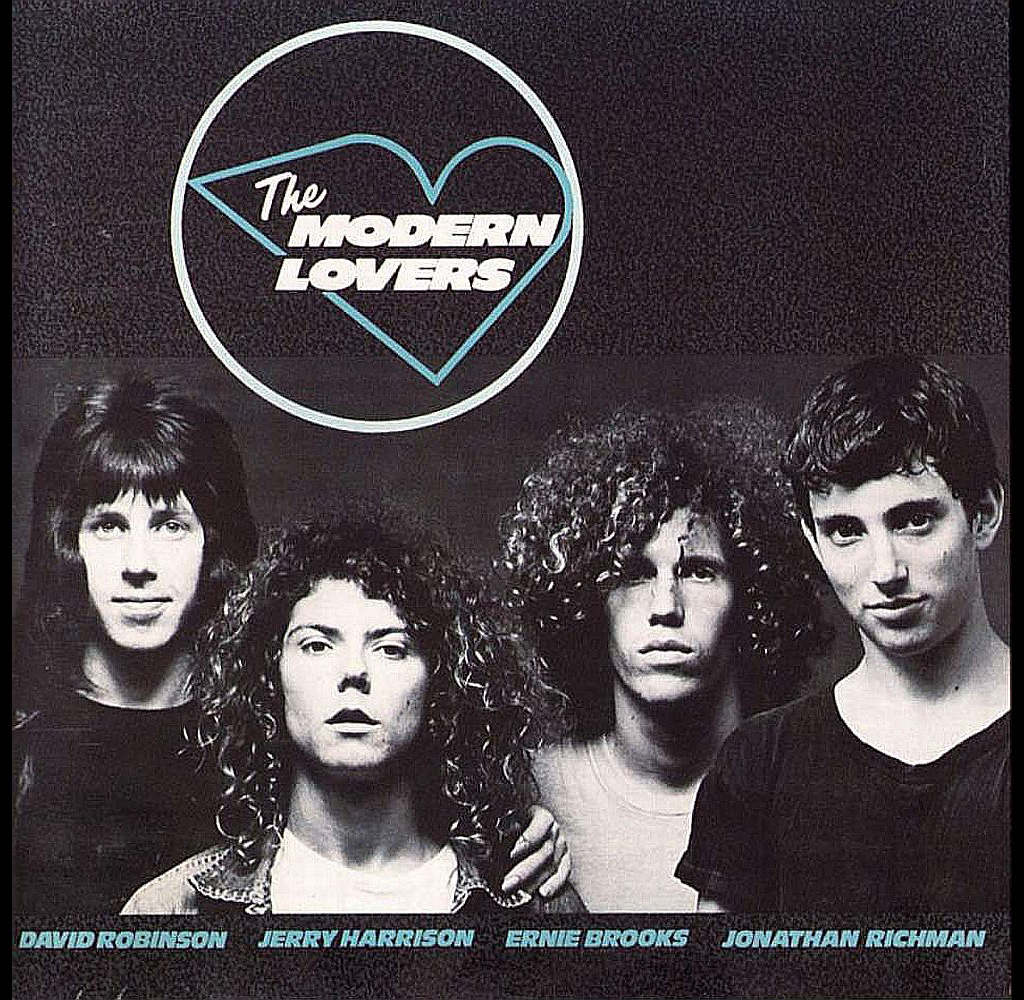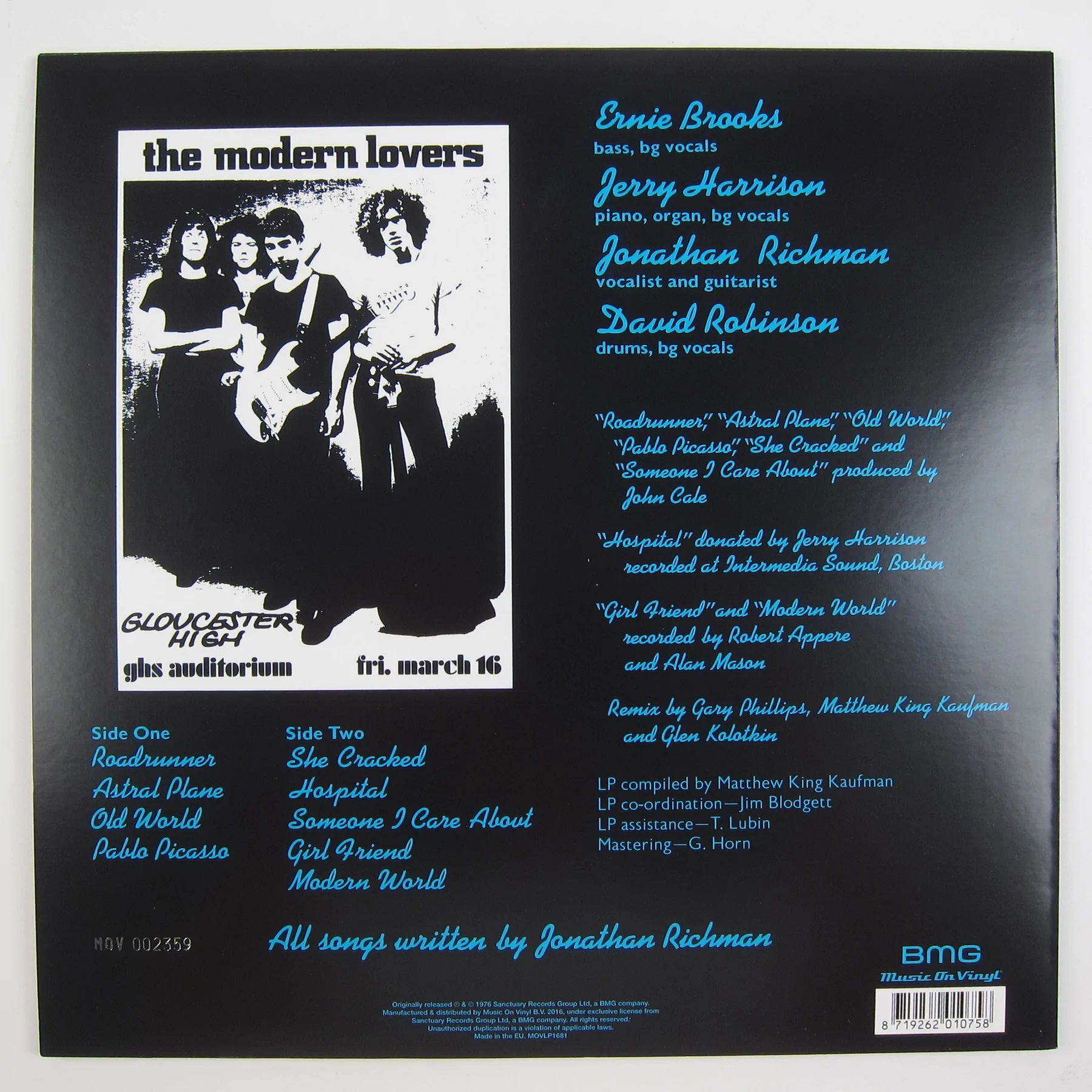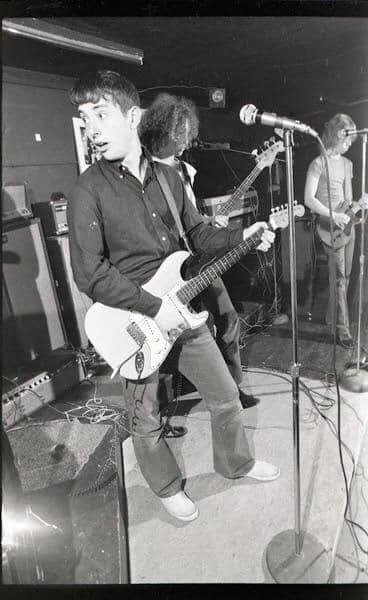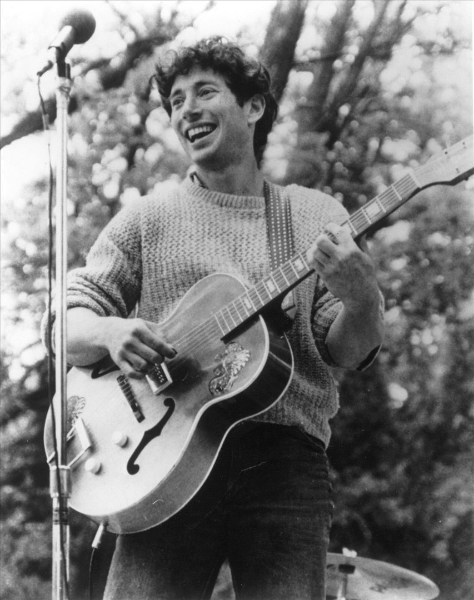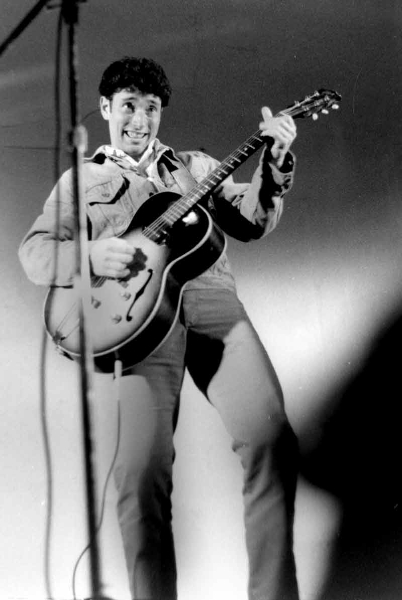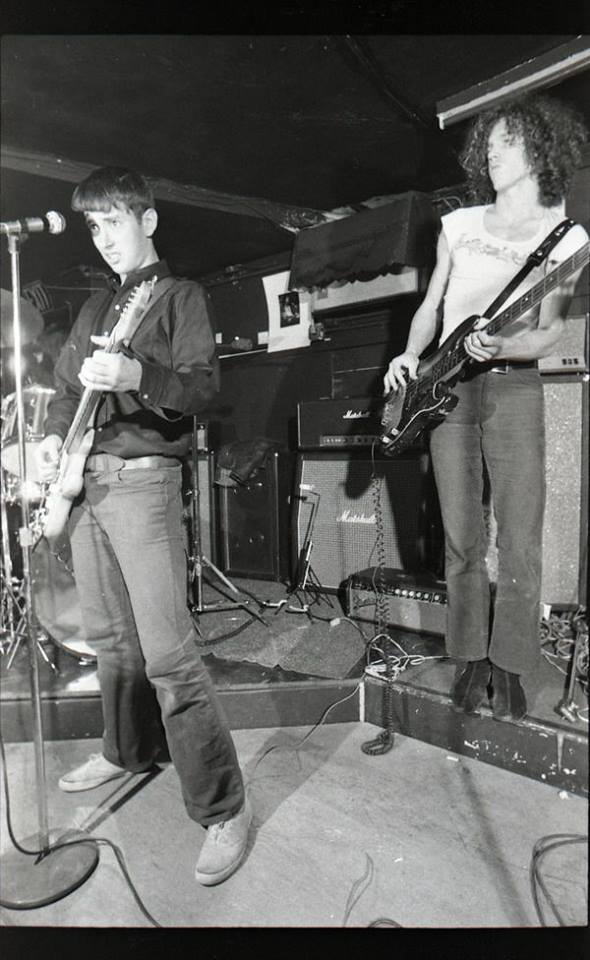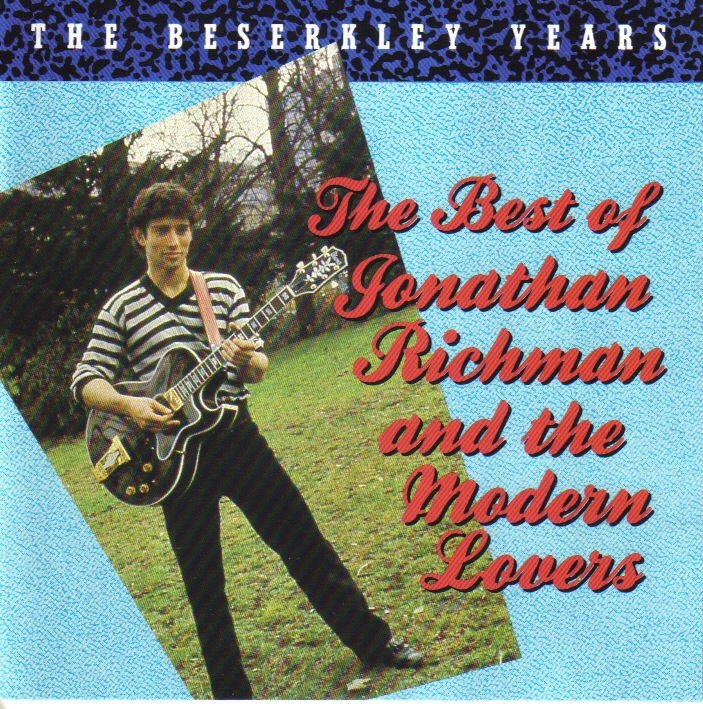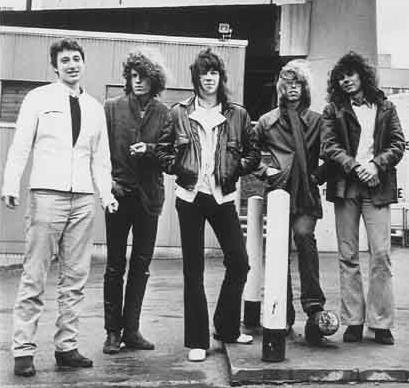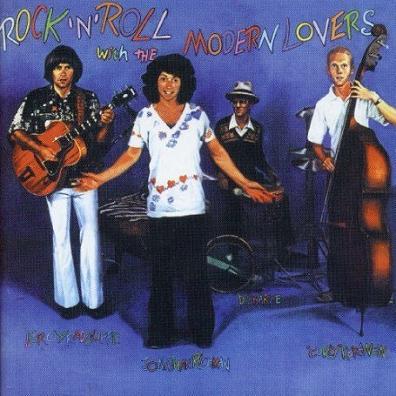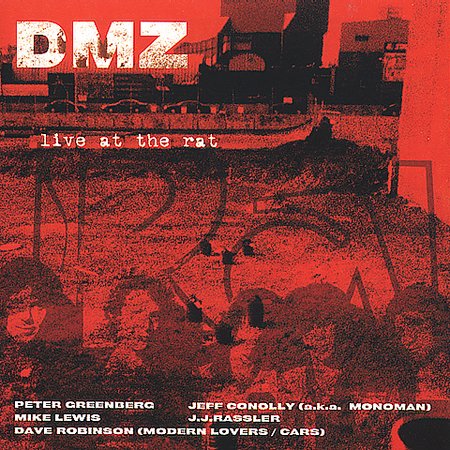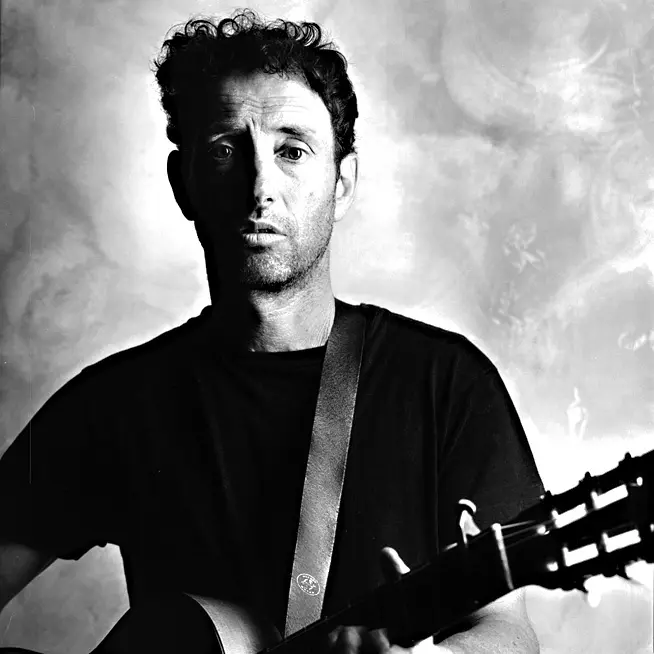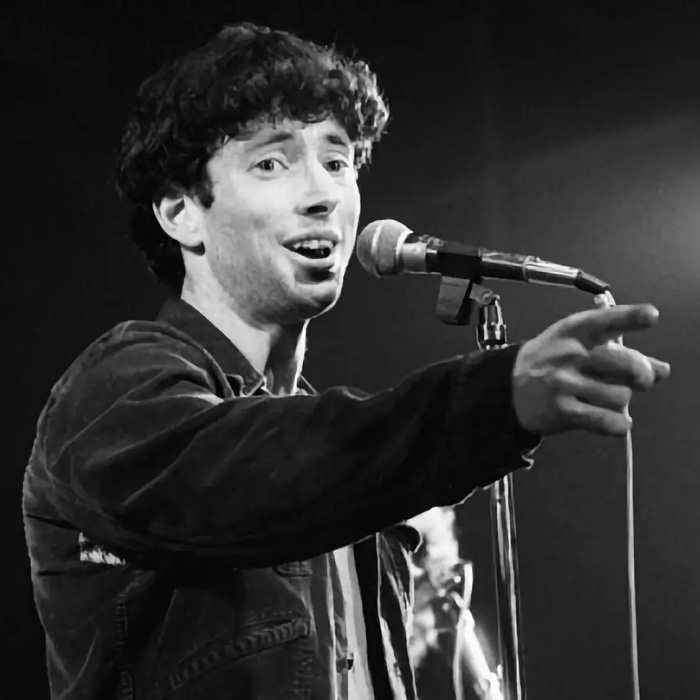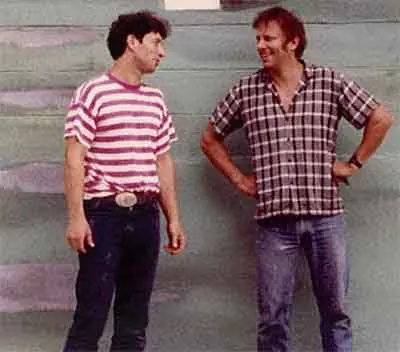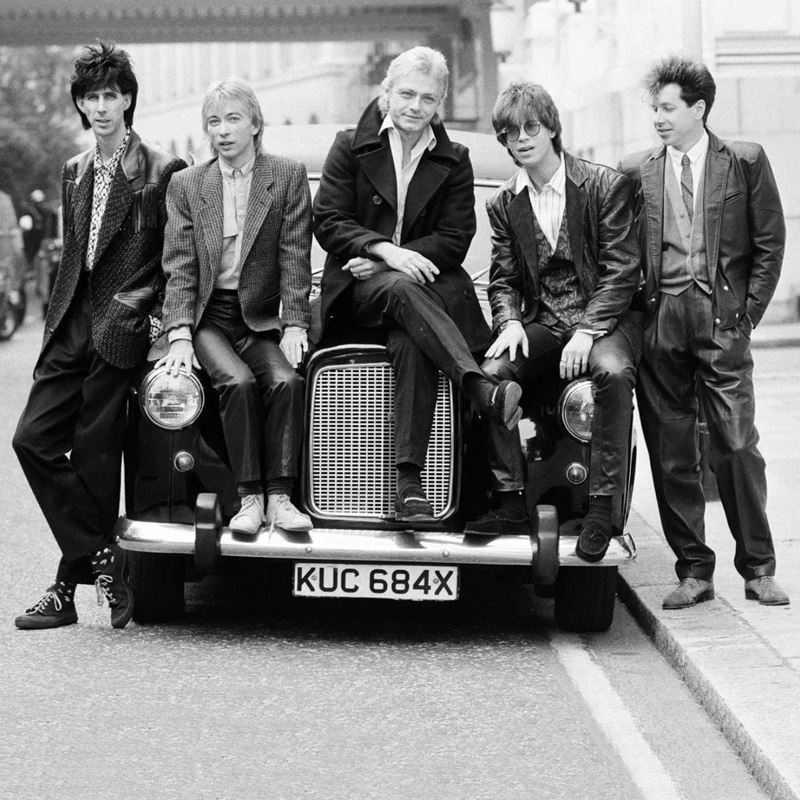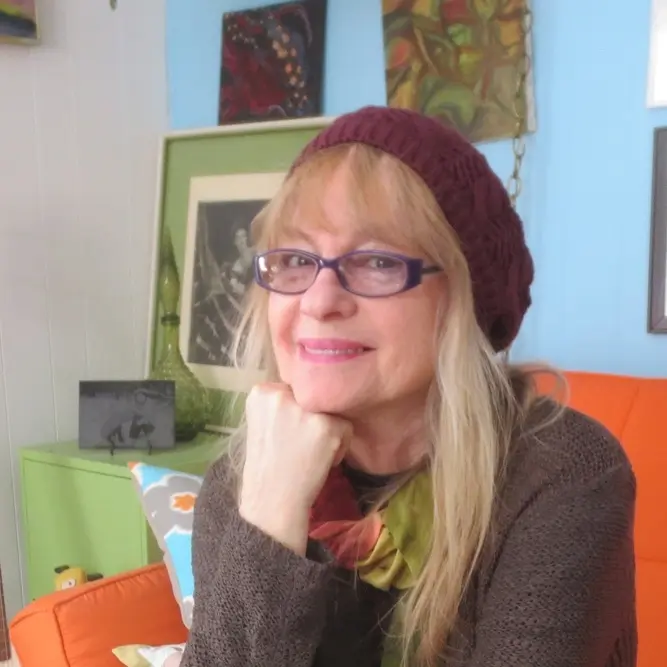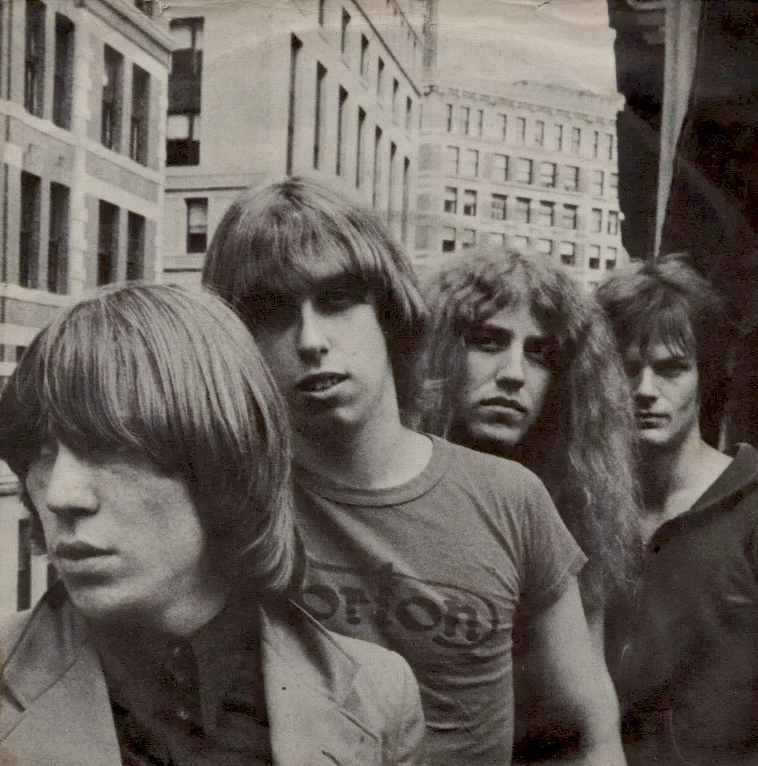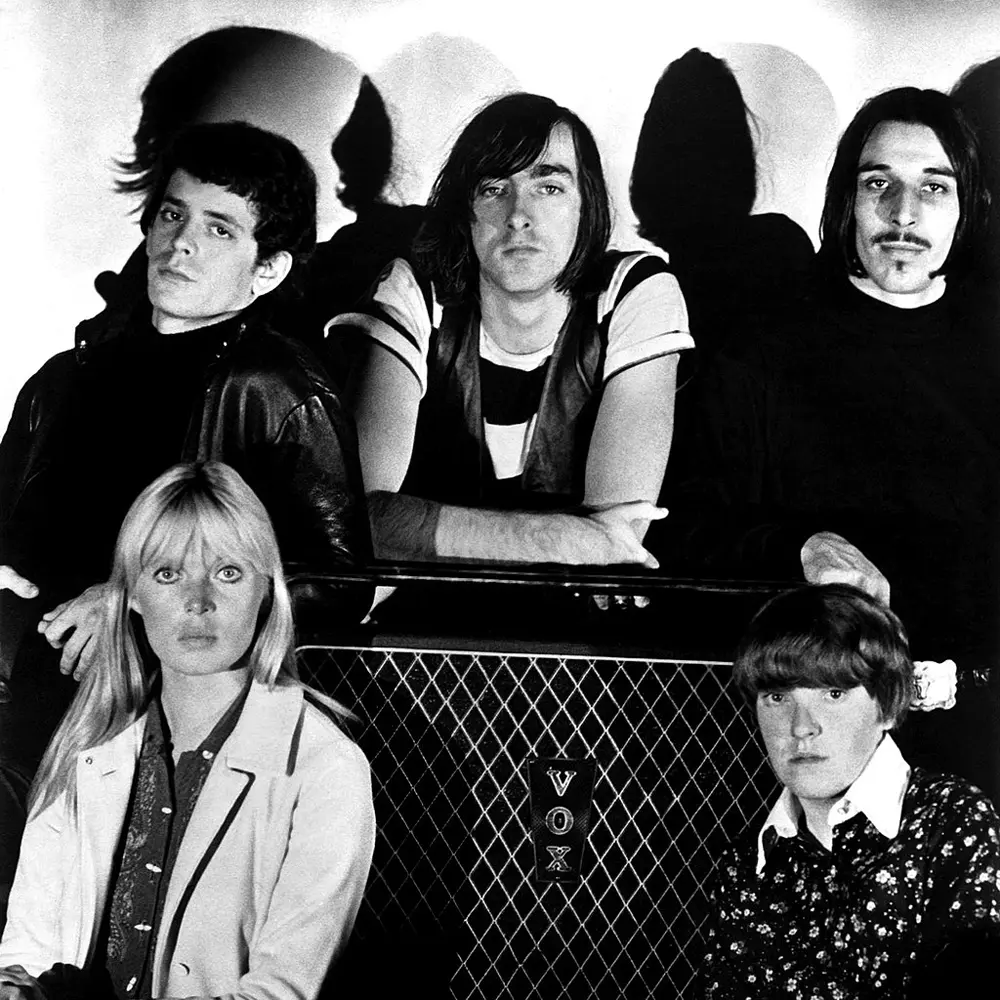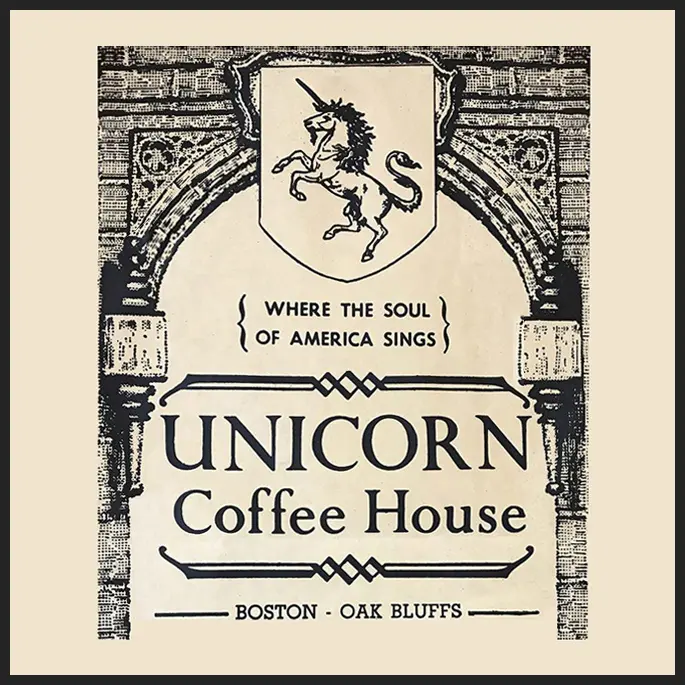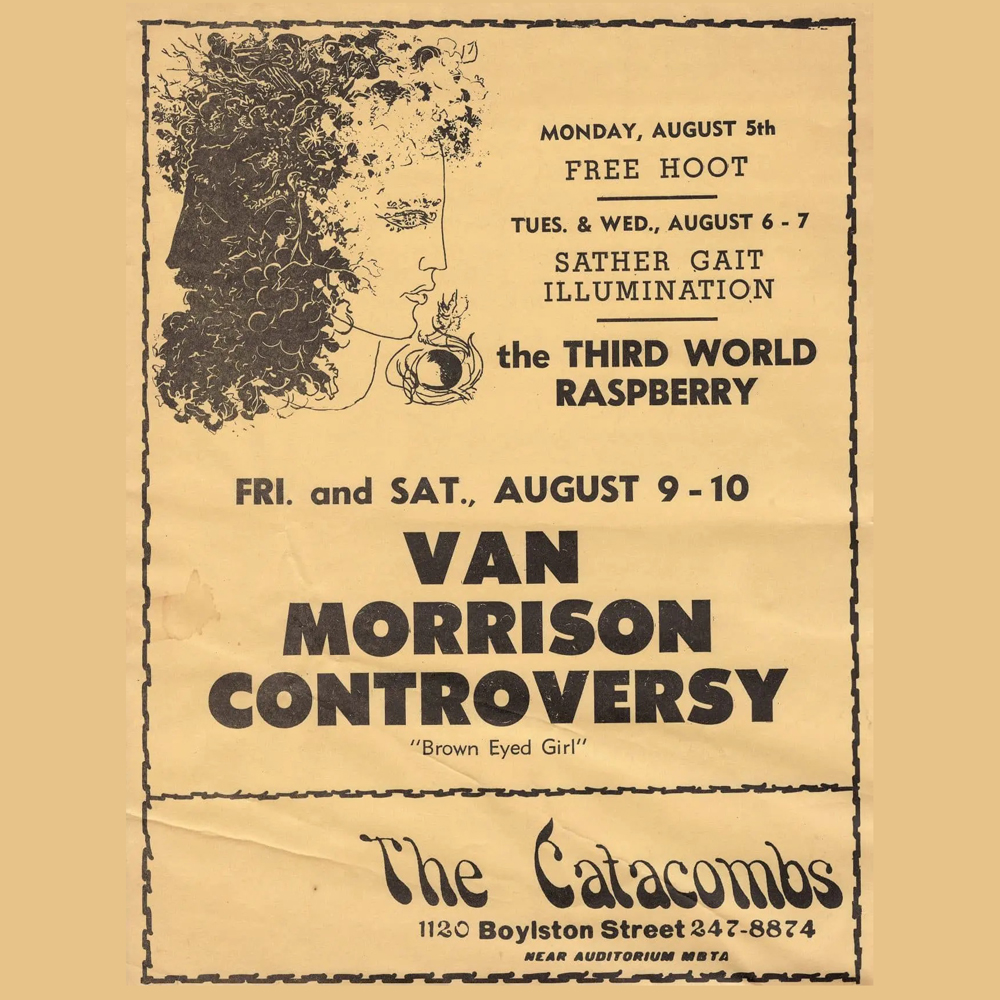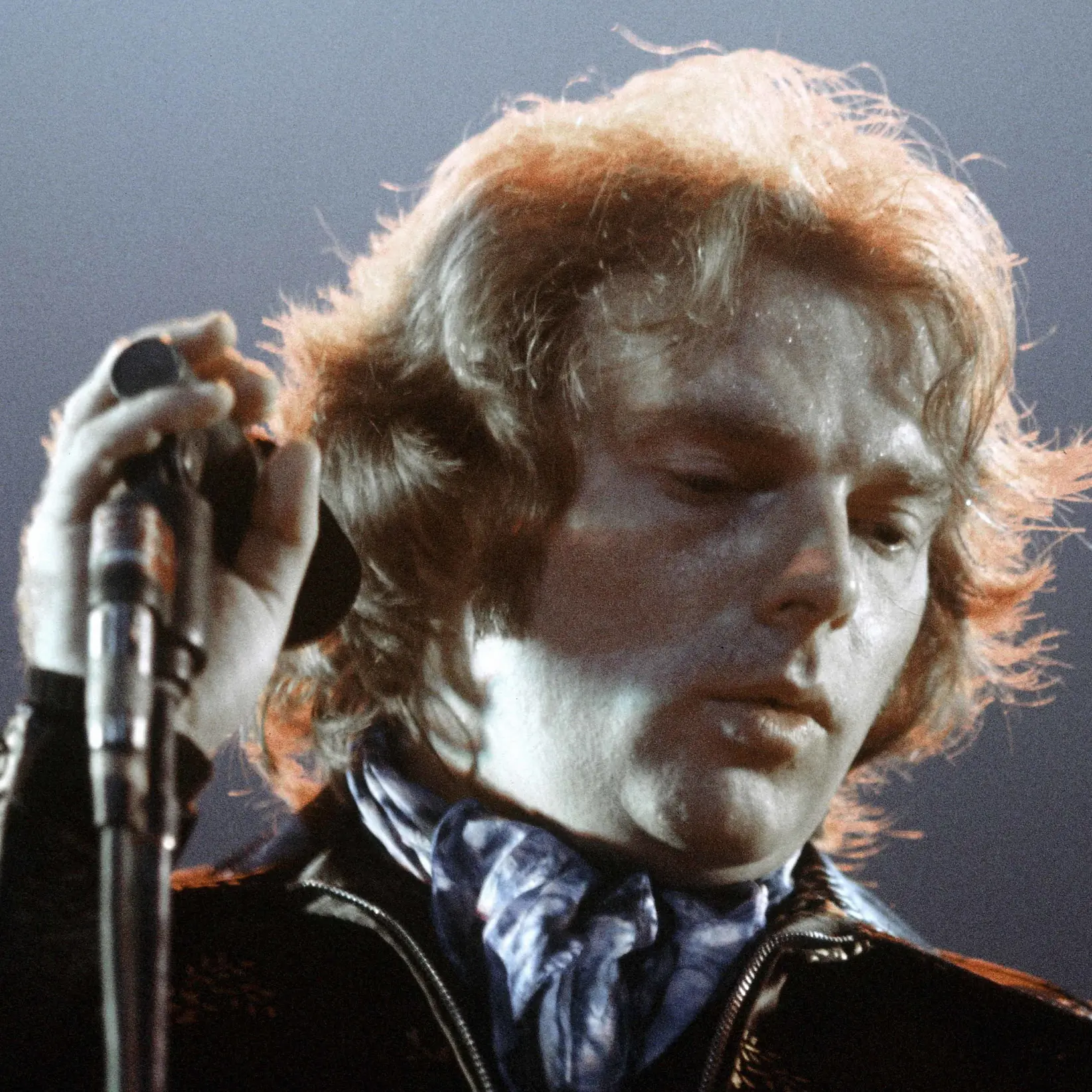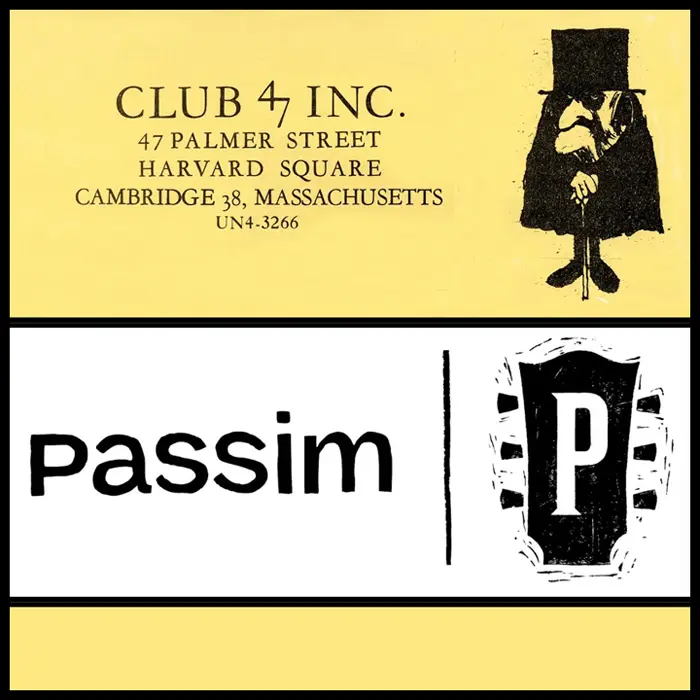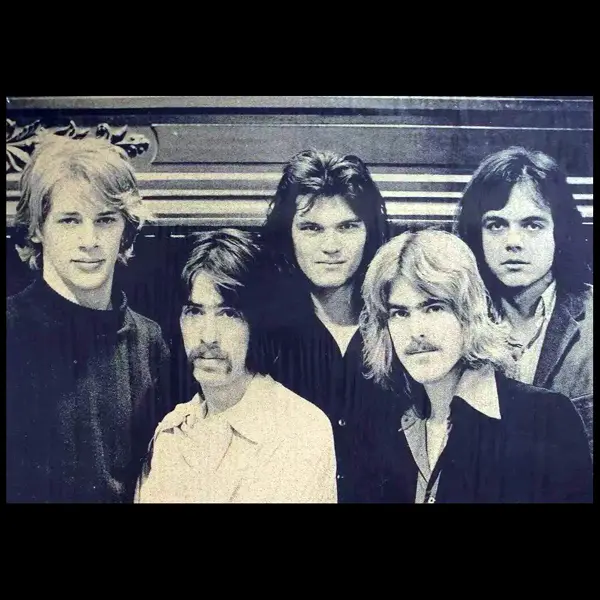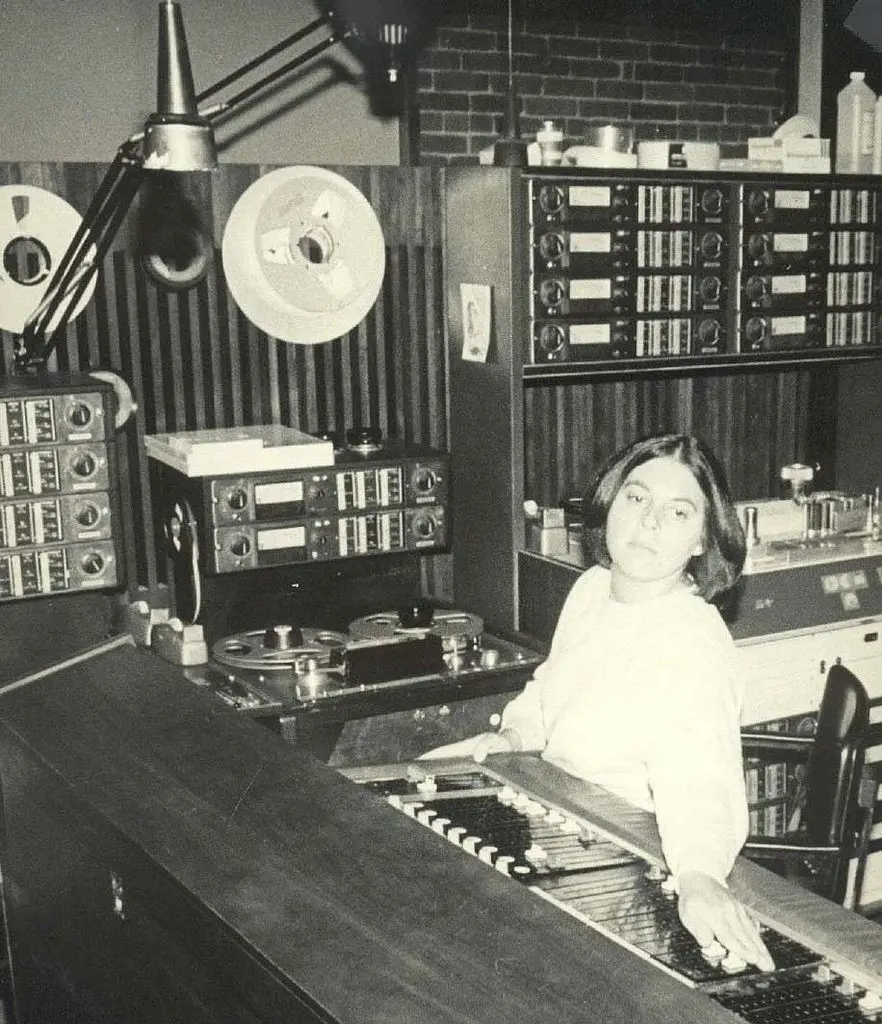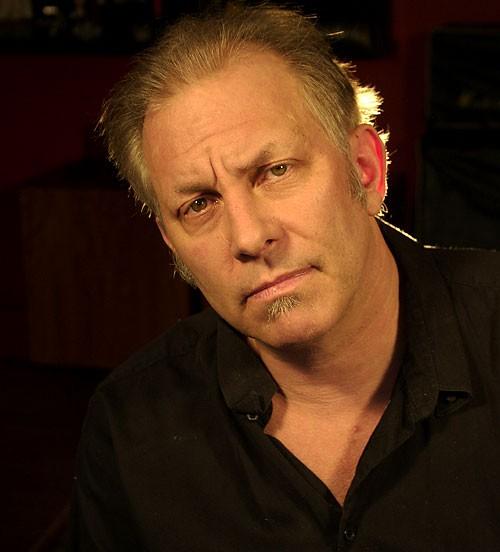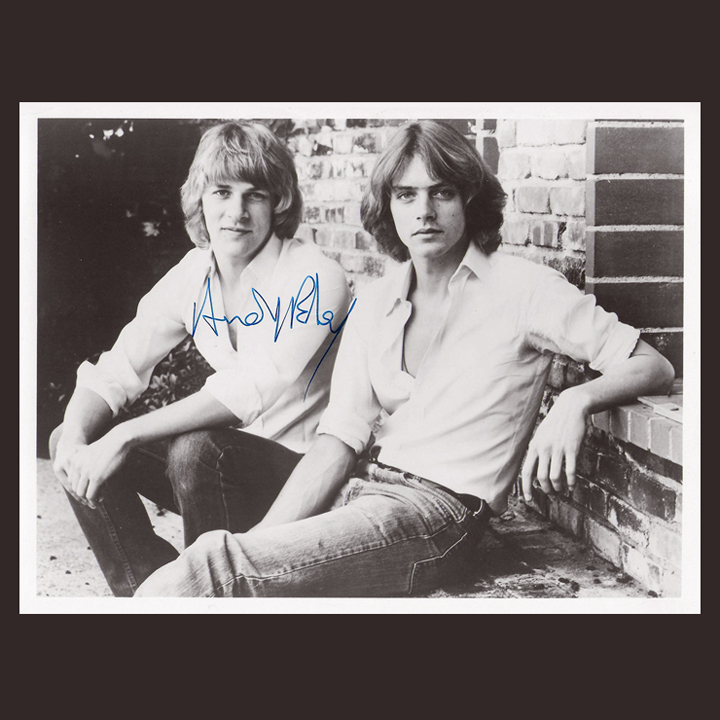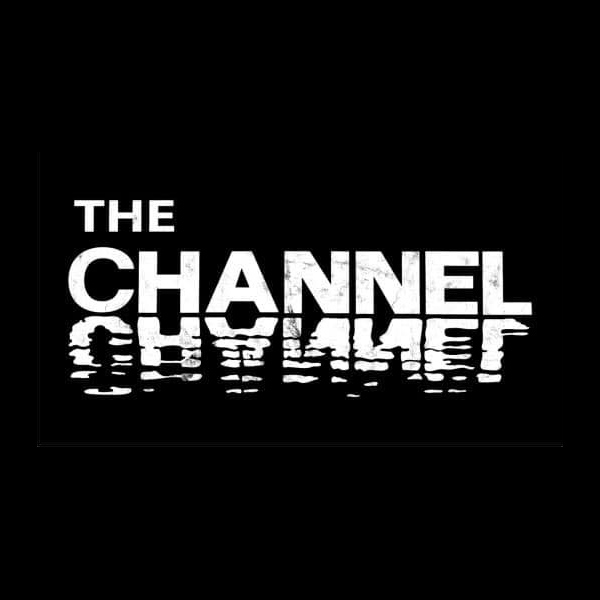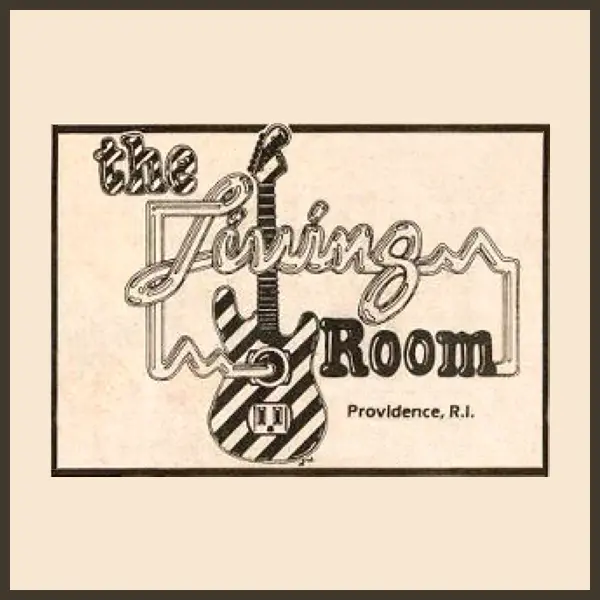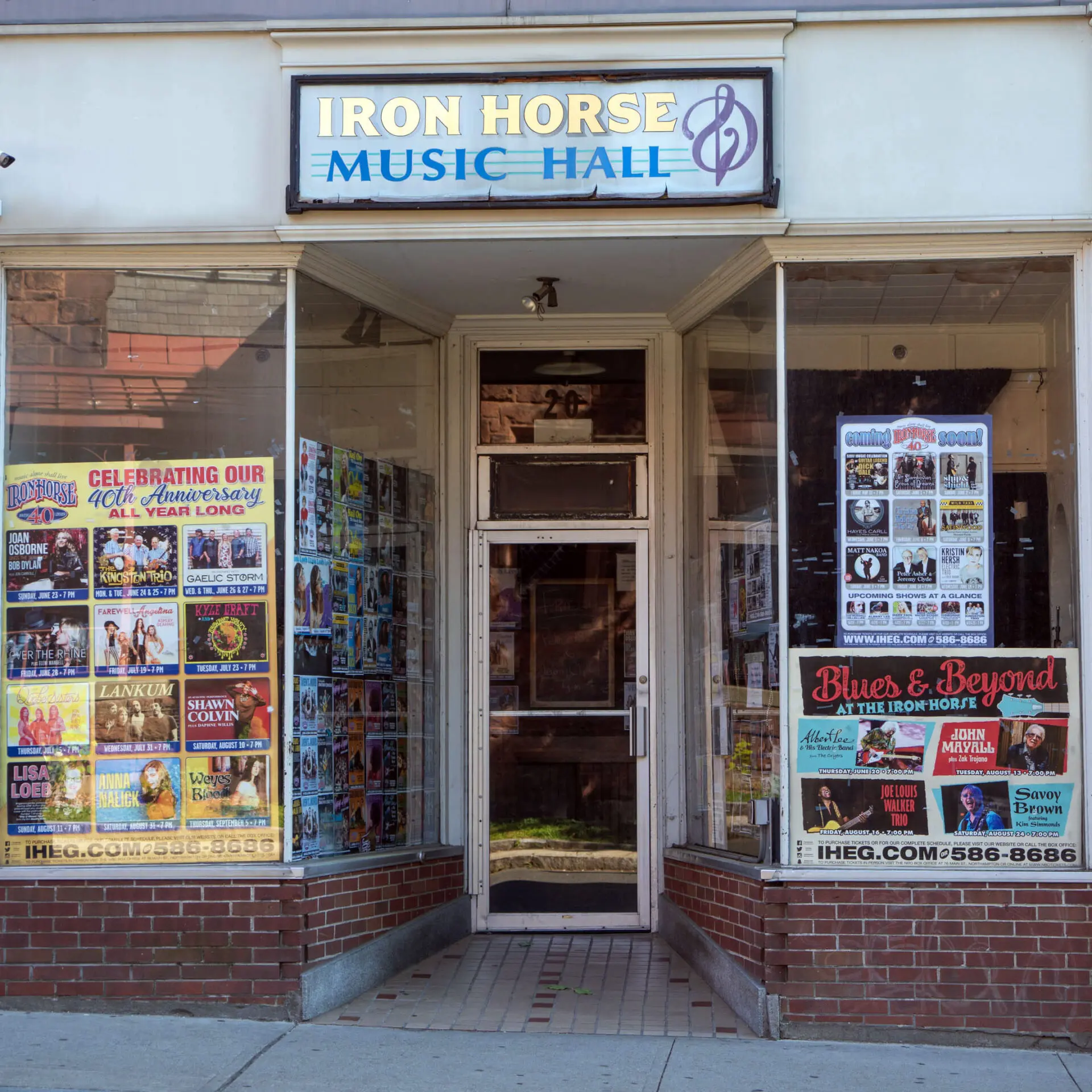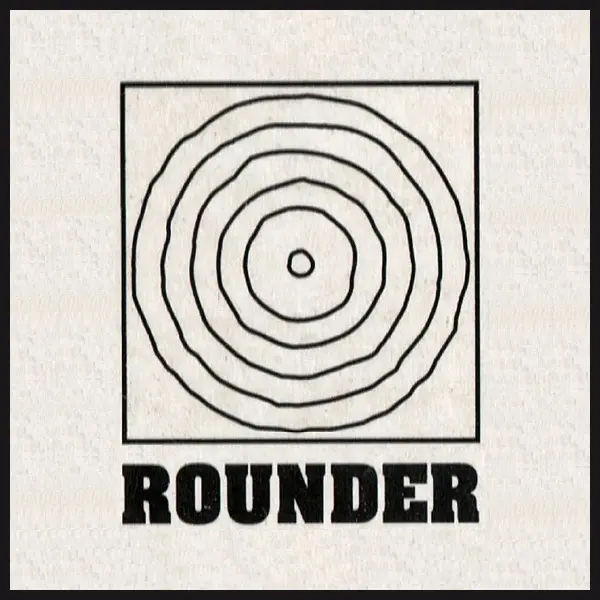The Modern Lovers
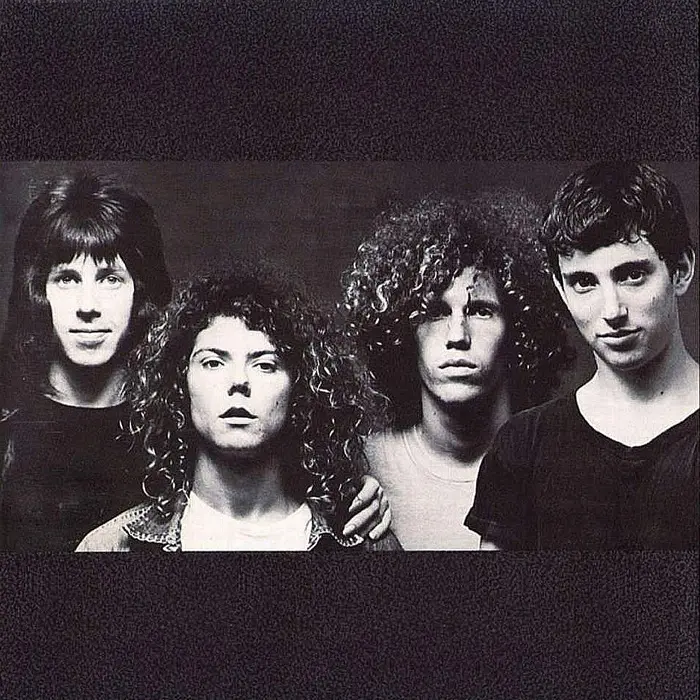
As of 2022, it’s been 50 years since The Modern Lovers recorded the immortal lines “goin’ faster miles an hour,” “gonna drive past the Stop & Shop” and “I’m in love with Massachusetts, 128 when it’s dark outside” on their seminal signature song “Roadrunner.” And even if that was the only track of theirs ever released, the band would be one of the most significant and influential acts in the protopunk pantheon.
Ironically, though, frontman Jonathan Richman has said he doesn’t consider the Lovers’ self-titled 1976 release – recorded in April 1972 and including “Roadrunner” as the opening track – to be his debut. Instead, he’s said that he considers his first record to be 1976’s Jonathan Richman & The Modern Lovers, recorded that year with a different band and issued one month before the other album, over two years after the original lineup split.
And the LPs could not be more dissimilar acoustically, since in the four years between their recordings Richman started down a radically different, profoundly softer artistic path, as evidenced by the eight additional albums he recorded with other Modern Lovers iterations until 1988 – seven studio, one live – and the 18 solo records he’s released since then.
RICHMAN’S ROOTS
Born on May 16, 1951, in Boston and raised in the metrowest suburb of Natick., Richman started playing guitar and writing songs in his early teens, making his first appearances at age 16 at open-mic nights at clubs like the Unicorn Coffee House, The Catacombs and Club 47. He also performed at a number of Cambridge Common Concerts, where he “played an out-of-tune, economy 12-string guitar, possessed a coarse and off-key singing voice and sang very odd and simplistic songs that were odes to the American pop culture of the day,” according to the late musician/writer Ted Scourtis, then an E.U. Wurlitzer employee who frequented the venues.
In 1969, after graduating high school, Richman spent nine months in New York, where he hung out with The Velvet Underground – whom he’d met the year before when they were based in Boston and a mainstay at The Boston Tea Party – and opened for them once and while living in the notoriously rodent-infested Hotel Albert.
FORMATION, LINEUP CHANGE, INTERMEDIA SESSIONS
Upon returning to Boston he formed The Modern Lovers’ initial lineup of bassist Rolfe Anderson (later of Human Sexual Response), guitarist John Felice (later of The Real Kids) and drummer David Robinson (later of The Cars). In September 1970, they played their first gig, opening for Catfish Black (later renamed The Sidewinders) at the Cambridge YMCA.
In early 1971, Anderson and Felice left, replaced by Harvard students Ernie Brooks (later sideman for David Johansen) on bass and keyboardist Jerry Harrison (later of Talking Heads). Though the group’s then-atypical sound made repeat gigs rare at first, eventually their popularity grew enough in and around Boston that Stuart Love of Warner Bros. Records booked time for them at Intermedia Sound Studios. Those sessions produced the version of “Hospital” that appears on their debut album.
A&M, WARNER BROS. DEMOS
In 1972, following a glowing a review of a Lovers gig by renowned rock journalist Lillian Roxon, A&M was also interested and in April that year the Lovers went to LA to make two demos: one for Warner Bros., produced by John Cale of the Velvets, and another for A&M, produced by Allan Mason. All the songs on 1976’s The Modern Lovers LP were recorded at those sessions except for “Hospital.”
The Cale sessions produced “Roadrunner,” “Pablo Picasso,” “Astral Plane,” “Old World”, “She Cracked” and “Someone I Care About” and the A&M sessions yielded “Girl Friend,” “Modern World” and a track included on reissues only, “Dignified and Old.”
WARNER BROS. SIGNING, BERMUDA RESIDENCY
In mid-1973, the Lovers signed with Warner Bros. Before starting new sessions, however, they accepted a multi-week residency at the Inverurie Hotel in Bermuda, where Richman became enamored with the laid-back sounds of traditional steelpan and calypso – as memorialized in his 1991 song “Monologue About Bermuda” – and began his striking shift toward a more lyrical, world-music sound.
GOLD STAR SESSIONS, THE ORIGINAL MODERN LOVERS
And that’s when the band started unravelling. Upon returning to the studio that September, Richman insisted on scrapping all existing tracks, an idea the others rejected immediately. All the material from the ensuing sessions was unusable, Warner Bros. decided, so the label had independent producer Kim Fowley oversee additional sessions with the band at Gold Star Studios in Cambridge before rejecting those tapes as acoustically sub-standard. In 1981, Mohawk Records issued them as The Original Modern Lovers.
WARNER BROS. EXIT, “CLASSIC” LINEUP DISBANDING
In December 1973, the ultimate demise of what most fans call the “classic” Lovers lineup began when Robinson left, replaced by Bob Turner, and Richman’s continued refusal to perform any of his previous material resulted in Warner Bros. cancelling their contract. By February 1974, the original band was finished – over two years before their debut would hit the shelves.
BESERKLEY SIGNING, THE MODERN LOVERS
In 1975, Richman signed with Beserkley Records, founded by ex-A&M promotor Matthew King Kaufman, who bought the 1972 demo tapes from A&M and Warner Bros. In August 1976, Beserkley released those tracks and the “Hospital” version recorded at Intermedia on its Home of the Hits label as The Modern Lovers, now universally hailed as a protopunk masterpiece, the epochal bridge between the Velvets and the punk explosion. The back of the LP jacket features a poster for a Lovers gig at Gloucester (Massachusetts) High School.
JONATHAN RICHMAN & THE MODERN LOVERS
One month before The Modern Lovers hit the shelves, Beserkley had released Jonathan Richman & The Modern Lovers, featuring guitarist Leroy Radcliffe (later of The Chartbusters), bassist Greg “Curly” Keranen and drummer Robinson – the only original Lover to record with Richman after 1973 – and until 1988 the group was always billed as “Jonathan Richman and The Modern Lovers.” Richman never returned to his Velvets-inspired sound, instead writing almost childlike songs sung in his inimitable style, crafted from a broad spectrum of folk traditions.
ROCK ‘N’ ROLL, THE MODERN LOVERS LIVE, BACK IN YOUR LIFE
In 1977, Richman recorded Rock ‘n’ Roll with the Modern Lovers for Beserkley with Radcliffe, Keranen and drummer Denotra Sharpe. The album included “Egyptian Reggae,” which reached #5 in the UK and – after bassist Asa Brebner replaced Keranen – the band toured the US, UK and Europe. After the tour, Beserkley issued The Modern Lovers Live, recorded in Holland, followed by 1979’s Back in Your Life, featuring Brebner and guitarist Andy Paley of The Paley Brothers.
JONATHAN SINGS!, ROCKIN’ AND ROMANCE
In 1980, after Richman formed another Lovers iteration with Keranen, drummer Michael Guardabascio and singers Ellie Marshall and Beth Harrington, the band toured the US including gigs at The Channel in Boston and The Living Room in Providence before recording the critically acclaimed Jonathan Sings!, released by Sire Records in 1983. In 1985, when the band debuted at the Glastonbury Festival and the Iron Horse Music Hall, Twin/Tone Records issued Rockin’ and Romance, produced by Paley.
IT’S TIME FOR…, MODERN LOVERS ’88, LIVE AT THE LONGBRANCH, 96 TEARS
In 1986, Upside Records released It’s Time For… and in 1988 Rounder Records issued the Lovers’ final album, Modern Lovers ’88. In 1992, the Fan Club label released Live at the Longbranch Saloon, a 1973 performance, followed in 1998 by Live at the Long Branch & More on Last Call Records, recorded at early-1970s shows and 96 Tears, a live set recorded at Harvard University in 1971, issued on the Vinyl Lovers label.
DEBUT ALBUM COVER VERSIONS
Songs from the Lovers’ debut have been covered by The Sex Pistols, John Cale, Joan Jett, Iggy Pop, Burning Sensations, Siouxsie and the Banshees, Echo and the Bunnymen, Helen of Troy and David Bowie, among others. “Pablo Picasso” is part of the soundtrack for the 1984 film Repo Man while their era-defining song “Roadrunner” was in 2003’s School of Rock and the opening sequence of 2021’s Roadrunner: A Film About Anthony Bourdain.
(by D.S. Monahan)

